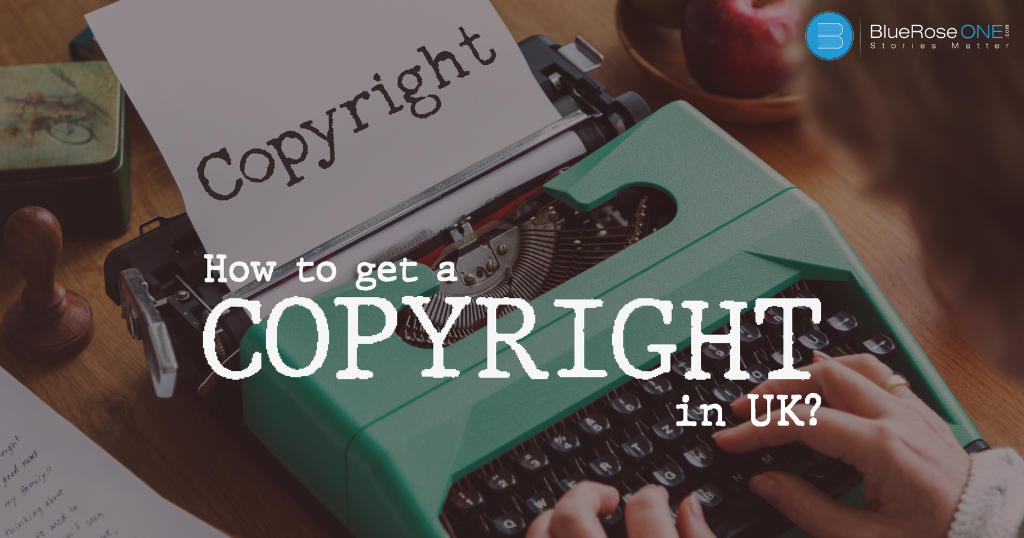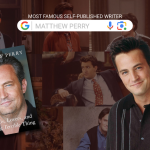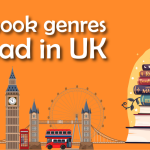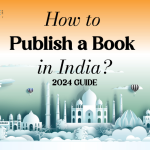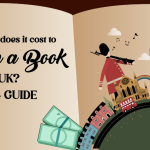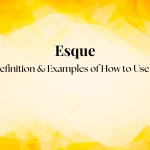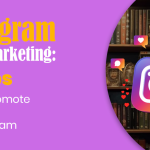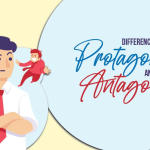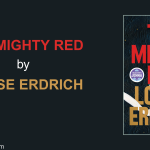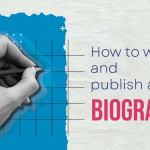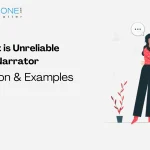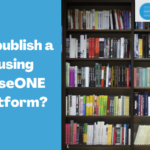In the UK, obtaining a copyright is an essential first step in safeguarding your artistic creations. You have the sole right to use, copy, and distribute your work as long as it is protected by copyright. It is imperative for all creators, be they writers, musicians, artists, or in any other industry, to know how to obtain copyright. We’ll take you step-by-step through the UK copyright application process in this tutorial.
Software, databases, music, art, literature, and other original works of authorship are all protected under the Copyright, Designs, and Patents Act 1988 in the United Kingdom. It grants authors the sole authority to decide how their works are used, to be acknowledged for them, and to profit financially from them.
Read: A Complete List of Popular Book Libraries in the UK – 2024 Guide.
If your work isn’t protected by copyright, anyone could use it without your consent, and you could not get paid or given credit for it.
A vast variety of creative works are covered under copyright, including:
- Literary pieces, such as books, essays, and poetry
- Pieces of music, such as songs and compositions
- Artistic creations, such as sculptures, paintings, and drawings
- Dramatic pieces, such as dance choreography and plays
- Videos and Movies
- Audio recordings
- Transmissions
- Podcasts
How your work is protected by copyright
Copyright prohibits anyone from:
- Copying, distributing, renting, lending, selling, or giving copies of your work
- Performing, exhibiting, or playing it in public
- Creating an adaptation of your work
- posting it online
A Guide to Obtaining Copyright in the UK:
- Create your work. The initial stage in the process of copyright protection is creating your work. It entails bringing your thoughts and ideas to life in a material way through writing, painting, or recording. Copyright law gives you the exclusive right to use and distribute your product, protecting this tangible expression. The process of creation, whether it be writing a book, making music, or creating a logo, is what gives you ownership and control over your intellectual property. It’s a creative and innovative moment that prepares your work to be shared with the world while maintaining its distinctiveness.
- Copyright Ownership Producers and consumers of creative works need to comprehend copyright ownership. The inventor of a work is usually the first owner of the copyright in the UK. There are, however, some exceptions. For example, if an employee creates a work while on the job, the employer is the rightful owner of the copyright. Knowing these subtleties is crucial to knowing your rights and obligations when it comes to using other people’s creative works or your own. It guarantees that you uphold the rights of copyright owners and assists you in navigating legal matters like licencing and infringement.
- Label Your work A straightforward yet powerful technique to stand up for your rights as the author is to label your work with a copyright notice. The year of publication, your name, and the copyright symbol (©) let others know that your work is shielded from infringement by copyright laws. Although copyright protection is automatically applied at the time of creation, marking your work can help prevent infringement and facilitate ownership verification in the event of a dispute. It also demonstrates your value for your intellectual property and aids in people recognising you as the author. All things considered, marking your work is a proactive measure to safeguard your intellectual rights.
- Publish Your Work An optional but important first step in safeguarding your creative rights is registering your work with the UK Intellectual Property Office (IPO). Although copyright is automatically protected at the time of creation, registration makes your copyright publicly known and can serve as further proof of ownership in the event of a dispute. Additionally, it may make it simpler for you to defend your copyright in court. Further financial security may be obtained for registered works through their eligibility for statutory damages and attorney fees in successful infringement lawsuits. In general, registration provides more assurance and a more solid legal basis for your artistic
- Global Protection If you intend to share or market your creative work internationally, you should think about international protection. Although many nations automatically grant copyright protection, every nation has its laws and policies about intellectual property rights. Through international treaties and agreements, copyright registration with the World Intellectual Property Organisation (WIPO) can offer a practical means of protecting your work across national borders. This can help guarantee that you can assert your rights globally and that your work is protected from unauthorised usage. It’s a proactive move to safeguard your artistic endeavours worldwide.
- Preserving your copyright Preserving your copyright is essential for protecting your creative rights and ensuring that others respect your intellectual property. If you believe someone has infringed on your copyright, you can take legal action to stop them and seek compensation for damages. This typically involves sending a cease-and-desist letter, demanding that the infringing party stop using your work without permission. If necessary, you may need to file a lawsuit to enforce your rights in court. By taking prompt and decisive action to enforce your copyright, you can defend your creative work and uphold the integrity of intellectual property laws.
You may also like: Unlocking Success: Bluerose Publisher’s Best Amazon KDP Books
In the UK, obtaining a copyright is a simple procedure that starts the moment you produce your work. Although it is not required, registration can offer more security and proof of ownership. You can safeguard your creative works and make sure you get credit and payment for your work by learning the fundamentals of copyright and taking the necessary actions.
It’s crucial to keep in mind that copyright protection encompasses more than simply legal rights; it also involves appreciating and honouring other people’s artistic endeavours. In addition to protecting your creations, as a creator, you need to be aware of copyright laws to prevent infringement on the rights of others. This entails asking permission before using copyrighted content and, when appropriate, providing credit to the original creators.
Read: How to Write & Publish a Book in the UK Targeting – UK audience in 2024.
BlueRose Publishers is a self-publishing platform where anyone with the dream of becoming a writer can come and achieve their dreams. You will always be welcomed here always.
Publish your book for free with BlueRoseONE and become a bestselling author. Don’t let your dream of becoming an author fade away, grab the opportunity now and publish your book – be it fiction, non fiction, poetry or more.

